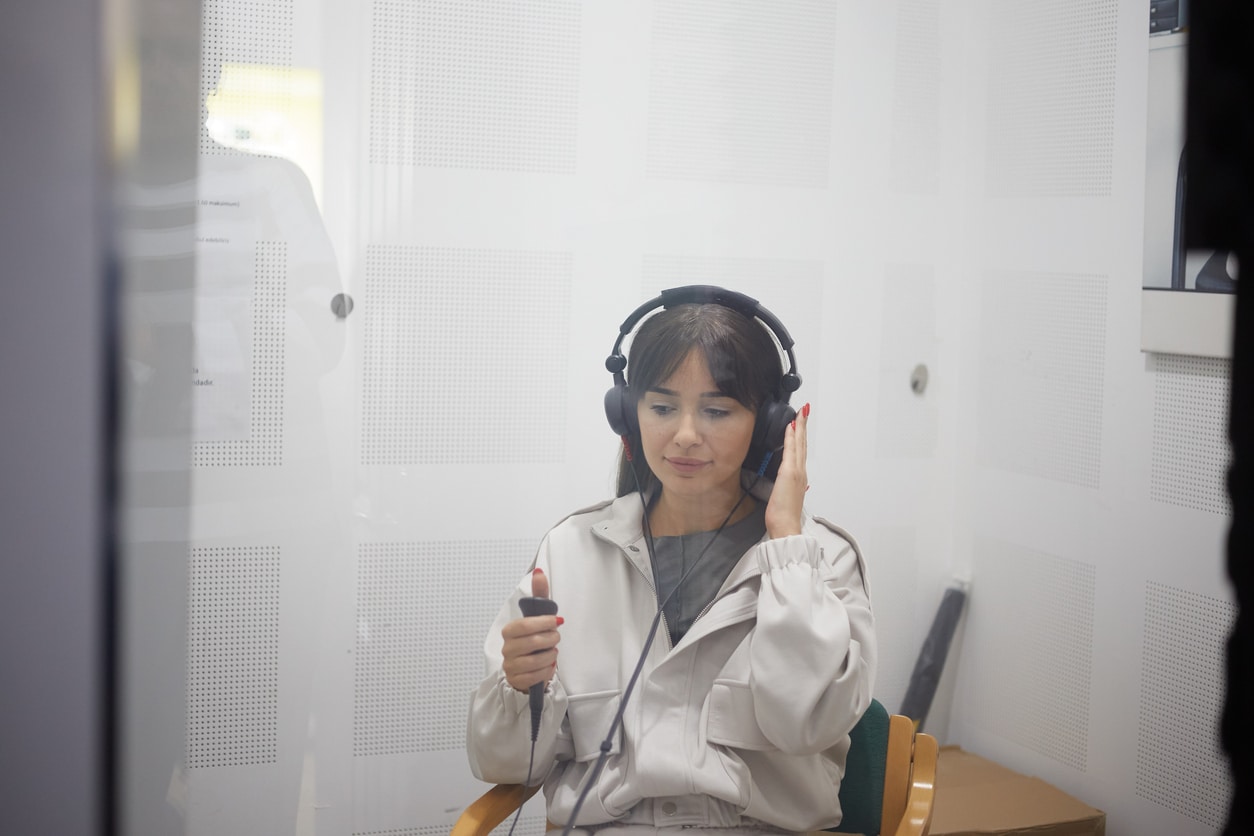If you struggle to hear or have noticed someone else does, hearing loss might be your first thought. While hearing loss is a good guess, not all cases of hearing difficulty stem from issues with the ears. Some originate in the brain—a condition called auditory processing disorder (APD).
Let’s take a look at hearing loss and APD and how you manage each condition.
What To Know About Hearing Loss

Hearing loss stems from inner or middle ear damage that prevents the ears from delivering sound to the brain.
Common signs of hearing loss include:
- Trouble hearing in noisy environments like busy meals at Texas Tradition
- Frequently turning up the TV or radio
- Feeling like people mumble
- Ringing in the ears (tinnitus)
- Avoiding conversations or social situations
While some cases of middle ear hearing loss are temporary, like those caused by ear infections or earwax blockages, inner ear damage is permanent.
If you develop permanent hearing loss, your provider may recommend hearing aids, a common solution that could benefit approximately 28.8 million U.S. adults. These small devices collect, amplify and deliver speech directly to the ears for clearer communication.
What To Know About Auditory Processing Disorder
APD isn’t about the ear’s ability to hear. It’s about how the brain makes sense of the sounds the ears take in. Someone with APD may show normal hearing on a pure tone hearing test but still have difficulty understanding speech.
Common signs of APD include:
- Misunderstanding spoken instructions
- Trouble distinguishing similar-sounding words
- Difficulty following conversations, especially in groups
- Easily distracted by background noise
- A decline in academic performance (in children)
Two common treatment options for APD include:
- Auditory training. Auditory training helps you make sense of the sounds you receive. A hearing specialist may also prescribe auditory training to people with new hearing aids. Different training types include phoneme discrimination (distinguishing between different sounds), speech-in-noise, auditory memory (repeating back what you heard) and auditory comprehension (listening to stories and answering questions about them).
- Environmental changes. Creating an environment conducive to speech comprehension is crucial. Modifications may include sitting closer to the speaker, moving away from sound sources and using subtitles when watching TV and sitting in the front of the class.
When Should I See a Specialist?
Early detection of hearing loss or APD is vital in preventing either condition from negatively impacting your life. Both conditions could affect relationships, school, work and overall well-being.
Schedule an appointment with Davies Institute for Speech & Hearing if you notice signs of hearing loss or APD that don’t go away after a few days. Our specialists can identify the underlying cause of communication difficulty and help you find the right solution.